
I will never forget the first time I taught the story of Sodom and Gomorrah.
I had agreed to help teach a women’s Bible study on Genesis at my church. When I showed up to our teacher training day, I realized I was quite a bit younger than most of the women in the room, and I felt, very deeply, my relative lack of experience in a room full of wise and faithful teachers. The time came for us to pick the passages we would teach, and I was one of the last people to get my hands on the sign-up sheet. To my horror, the only remaining slot was Genesis 19.
But if there is anything I’ve already learned in my young life of studying Scripture, it’s that when I dive deeply into an unfamiliar, uncomfortable, or confusing passage of Scripture, I am always surprised by the beauty and goodness lurking under the surface. After a while, you even learn to expect it.
The destruction of Sodom and Gomorrah play a pretty large role in the collective imagination of the people of God. After this story is recounted in Genesis, the two cities’ fates are referenced again and again as a reminder of the depths of human depravity and God’s fierce judgment of sin.
In both this story and the story of the Levite’s concubine in Judges 19, the sins of human communities are described in vivid detail. The pagan cities of Sodom and Gomorrah mistreated the foreigners in their midst by attempting to exploit and abuse them, just as the Israelite men of Gibeah did. Lot may have wanted to protect the vulnerable foreigners, but he chose to do so by exposing his own daughters to abuse. The owner of the house in Gibeah may have wanted to protect the vulnerable foreigner staying in his home, but he chose to do so by exposing his own daughter and the foreigner’s concubine to abuse.
The story is heartbreakingly consistent, across time and ethnicity and even among God’s people. The most vulnerable people in the community—in this case, foreigners and women—are abused for the sake of the pleasure and comfort of others.
Ezekiel 16:49-50 tells us explicitly what Sodom and Gomorrah did to deserve the punishment they received. “She and her daughters had majesty, abundance of good, and enjoyed carefree ease, but they did not help the poor and needy.” In other words, they abused people made in the image of God instead of providing for them and protecting them. They cared only for their own pleasure, and happily exploited other people for their own gain. This was true in their sexual exploitation, their lack of hospitality, and their mistreatment of the poor.
And yet God says in Ezekiel that Jerusalem had become even worse than Sodom (16:48). God’s people “copied their behavior and practiced their abominable deeds” and in “a short time” became even more depraved than Sodom. And we have ample evidence of that in Judges 19:11-30. God’s people are not told stories of the nations’ sin so that they can gloat, they are told stories of the nations’ sin so that they can guard themselves from sinning in the same way.
But as Romans 1:16-32 describes, the abuse and exploitation of other people is not limited to Sodom, Gomorrah, or Gibeah. All fallen human beings have foolish hearts darkened by sin, and so we will abuse each other and even our own bodies in our sexual immorality, envy, arrogance, and disobedience. We are “filled with every kind of unrighteousness” (1:29).
But this is where the beauty and goodness comes in.
Yes, the wrath of God is revealed against all the wickedness of the world (Romans 1:18). But the righteousness of God is revealed as well (Romans 1:17). God’s mercy and goodness means that He will not abandon His creation to its own destruction.
Christ’s atoning work on the cross, the power of God, brings salvation to everyone who believes.
So, after I spent many weeks studying and preparing to teach on this passage, my little group of women were able to walk through the story of Sodom and Gomorrah and see not merely the horrific evil, but the eyes of the God who saw it all happen and hated it so much that He turned the world upside down to stop it. His wrath was revealed against Sodom and Gomorrah, but as Romans 1:17 teaches, He has also revealed His righteousness—a righteousness available to all of us who believe.

Week 3 Challenge:
What does it mean to live by faith? Are you living by faith every day? This week, ask God to reveal areas of your life where you may not be fully trusting Him. How can you surrender these things to Him?
Week 3 Reading Plan
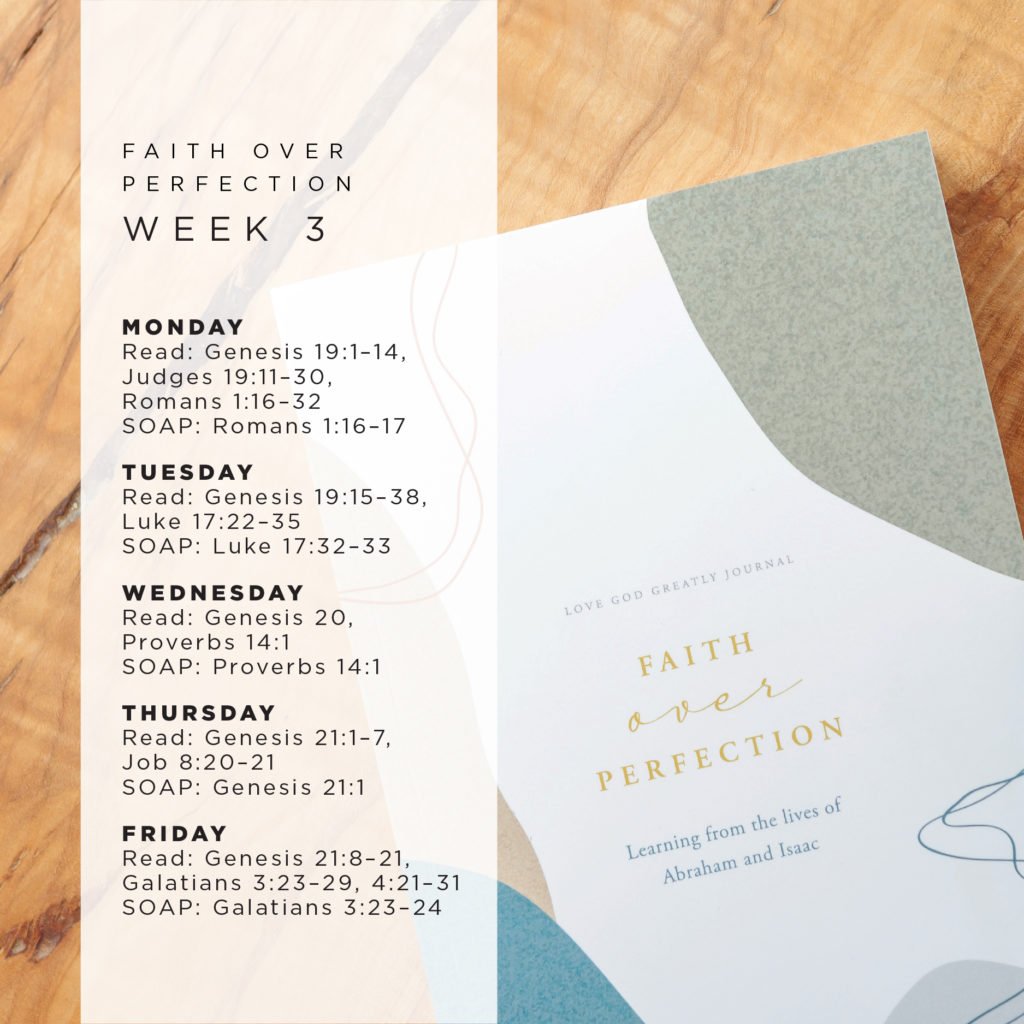
Week 3 Memory Verse
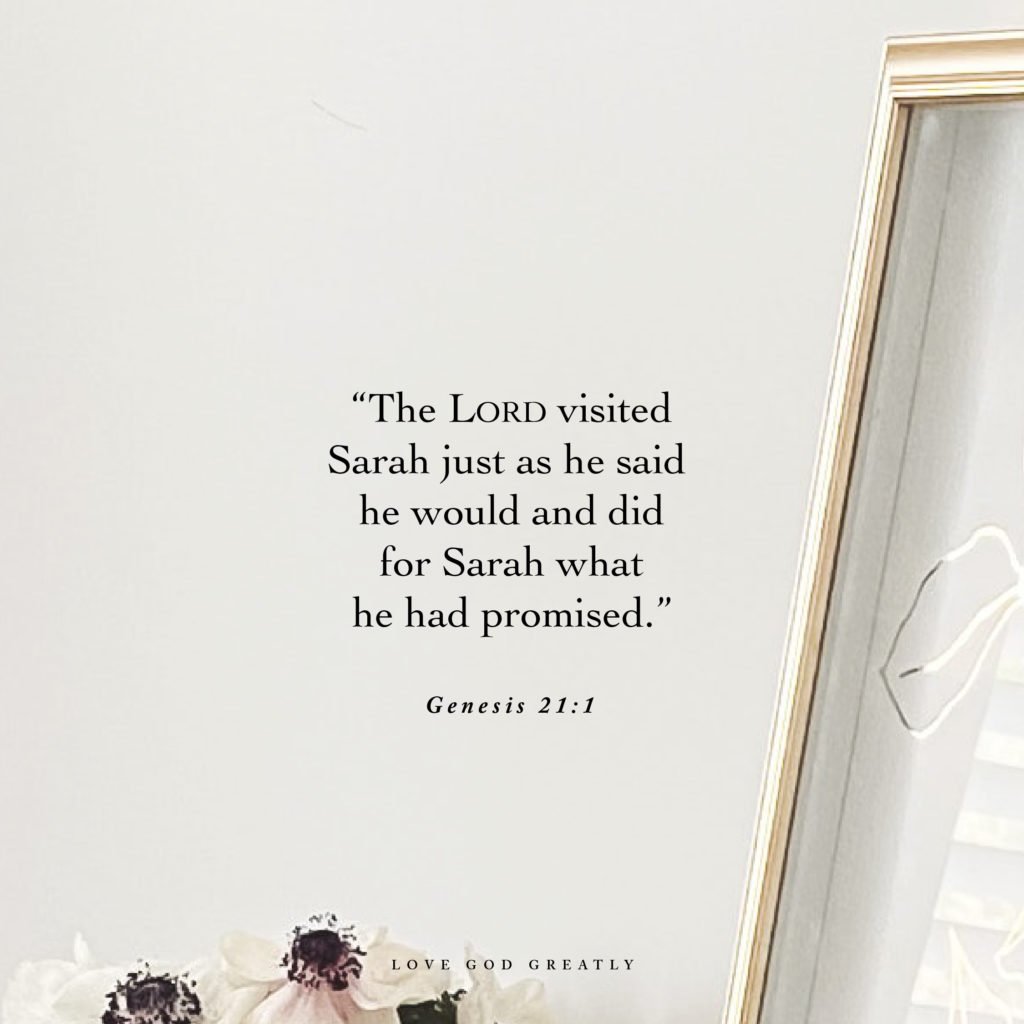

Have you purchased your Faith over Perfection Bible study journal yet? Not only will you find all of the daily reading passages and SOAP journaling pages, but you’ll have each of the daily devotions in printed form–no need to check the app on your phone while working through your study!
Don’t forget, the Bridge Reading Plan is only available in the printed journals! The Bridge is a two-week long reading plan designed to bridge the gap between two studies. In the Faith over Perfection journal you’ll find the Bridge Reading Plan along with two weeks of SOAP journaling pages and daily Scripture reading! Don’t miss this! The Bridge reading plans will walk through the entire Book of Psalms during 2021. This plan is found only in the study journals, so grab one today! You don’t want to miss out!
When you purchase a journal, you are helping us reach women around the world with the gospel. By purchasing a journal you help our incredible team of volunteer translators build up leaders around the world. Your journal purchase allows women to read God’s Word in their native language and have access to quality Bible study materials in the language they best understand. We hope you’ll join us on our mission to make God’s Word accessible to women in every nation and in every language!
Order Faith over Perfection and Faith over Perfection for Kids journals here!

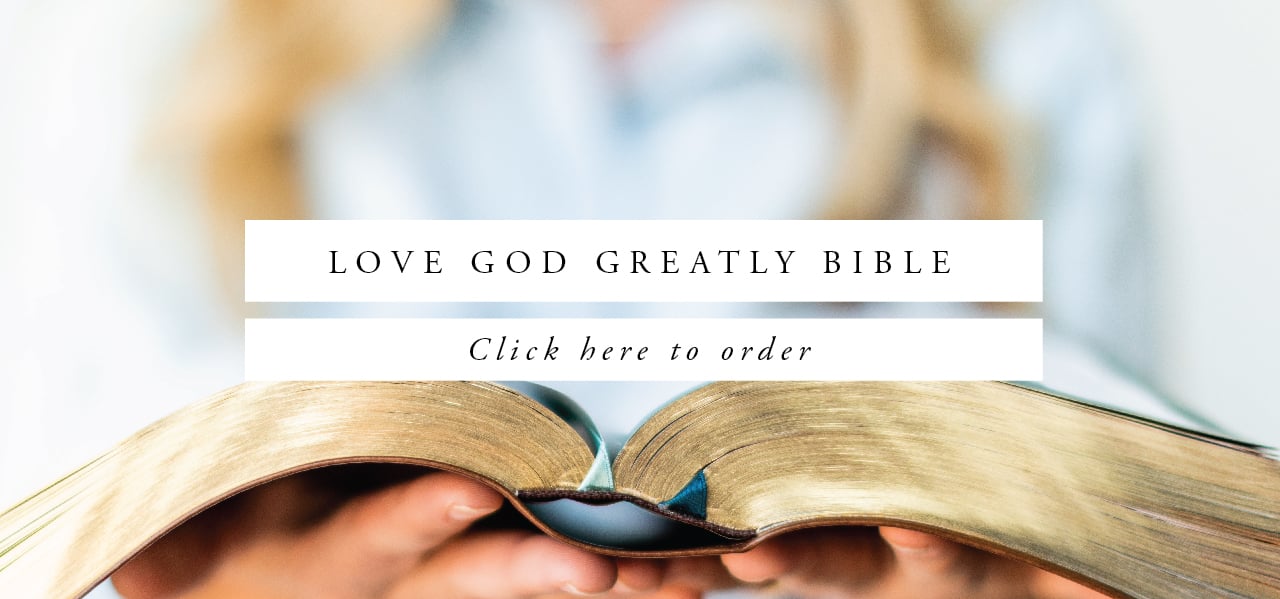
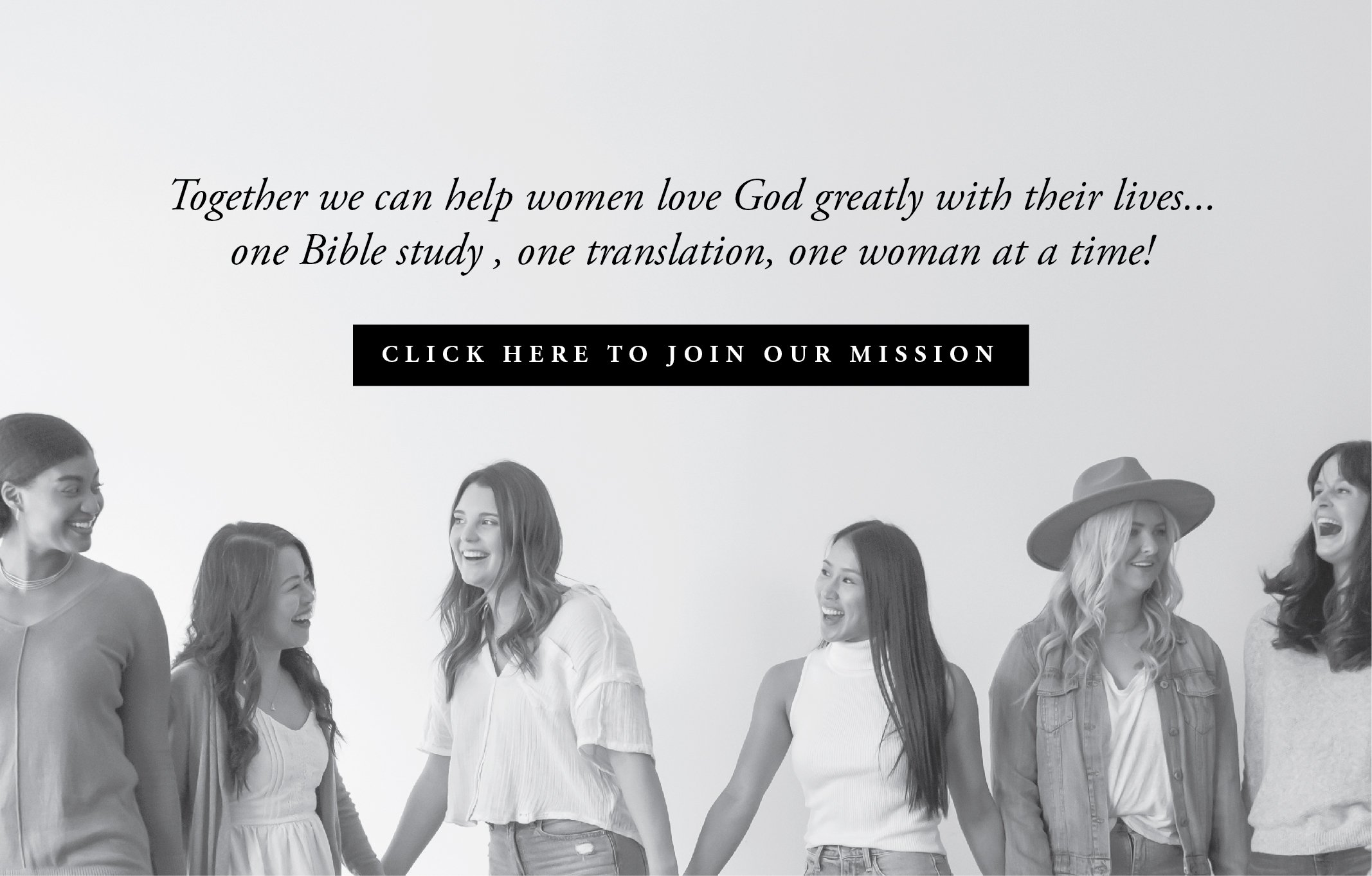
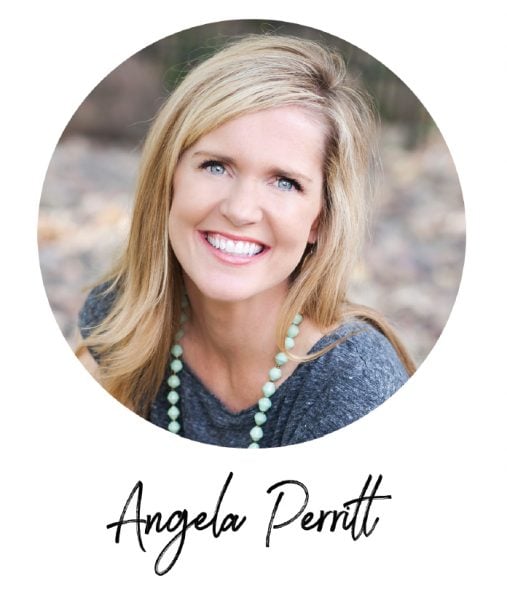
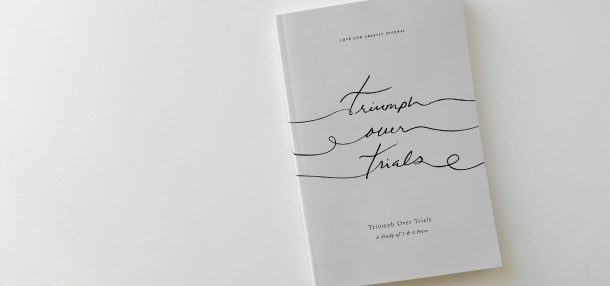
I have read this story before, about Lot and his daughters, but I had never read the story in Judges, and I am deeply disturbed by it! I am not a “seasoned” christian, nor am I brand new. I knew how woman were treated in those days, but today, reading the story of the concubine made me so angry. I am an advocate for survivors of trafficking/prostitution/addiction so I know why I am angry, but just reading that this morning is just too much, and my own trauma, ugh, please pray for me ladies!